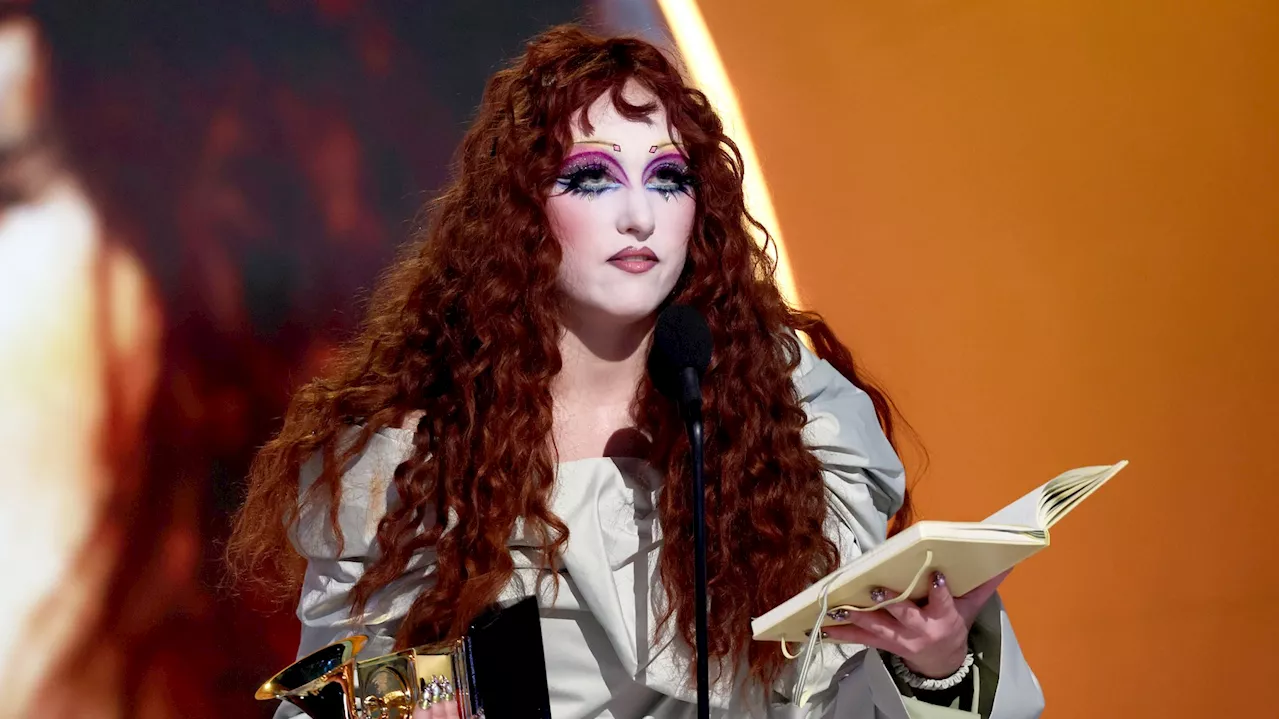Chappell Roan used her Grammy speech to address the struggles of rising artists, specifically calling out the need for better healthcare and living wages. This article explores the complexities of the music industry's healthcare system for musicians, highlighting the challenges and advocating for systemic change.
Chappell Roan used her Best New Artist Grammy speech to call for better treatment of rising artists: 'Labels, we got you, but do you got us?' Record labels need to treat their artists as valuable employees with a livable wage and health insurance and protection.
Roan's comments reflect a deeply frustrating system that leaves many artists feeling vulnerable and powerless, but the health care system for musicians — like for most people in the United States — is even more difficult to navigate than even Roan's comments would suggest. So how does it actually work? One might assume from Roan's speech that artists at major labels don't get access to insurance at all, but that's not necessarily the case. While the labels don't directly provide coverage for their artists the way that most employers in other industries do, they do have agreements in place with SAG-AFTRA that allow their artists to qualify for insurance through the powerful entertainment-industry union. As SAG's executive director, Duncan Crabtree-Ireland, explains, recording artists who are signed under royalty deals with the big three major record companies — Universal Music Group, Sony Music Entertainment, and Warner Music Group — remain eligible for health insurance coverage regardless of their annual earnings from their recordings as long as they're signed to the label. The premiums for those plans currently sit at $375 per financial quarter, according to SAG’s site. Another union, the American Federation of Musicians, represents instrumentalists such as session musicians and offers health care options as well. Crabtree-Ireland says he spoke briefly with Roan after her speech and wants to find ways to raise awareness among the artist class so they can be more knowledgeable about what resources are available to them. 'We're trying to get the word out,' Crabtree-Ireland says. 'Artists in the music industry, in contrast to film and television, often work independently, so sometimes that leads to a bit of isolation, where information isn’t automatically shared by being around people.’ For one, artists signed to a major record label represent just a small percentage of all the recording artists in the business. Artists at many independent labels are not eligible for the same SAG deal, as their labels haven’t carved out deals with the union. The same goes for any unsigned artists who are still trying to get a foothold in the industry. If an artist gets dropped — like Roan did from WMG’s Atlantic Records back in 2020 — they lose their insurance eligibility and either have to find a plan through the Affordable Care Act or through COBRA, which can be incredibly expensive. This can be particularly difficult for artists who sign young and don’t have training to enter another field, but it’s ultimately similar to what employees in more typical jobs have to face if they quit or get fired. The entertainment community is pushing for solutions at a larger scale, acknowledging that the insurance issue goes far beyond musicians, impacting every industry in this country — and they argue the only shot for systemic improvement comes from the federal government. 'Our system is fragmented. Changes should be made on a federal level ideally to include more people at lower cost,' says Renata Marinaro, managing director of health services at the Entertainment Community Fund, which helps provide resources to those in music and entertainment without insurance. She notes that navigating insurance networks can be challenging for artists who tour. 'If you are a musician that’s touring and you get your coverage through the marketplace in New York City, you’re not going to be covered in Ohio or California,' she continues. 'It’s frustrating for me to tell somebody that it’s easier for you to travel around Europe and see different doctors with travel insurance than it is for you to travel around the United States. Ultimately, we have to get away from these state-based silos and have an answer that’s federal and makes insurance more affordable.’Advocates for universal health care systems argue this would give freelancers easily accessible coverage that isn’t dependent on an employer. 'For so many musicians, you’re moving between employers so frequently. Most musicians, you’ve got many different people paying you — you’ve got several labels, streaming services, every time you play a festival,' says Joey La Neve DeFrancesco, an organizer at United Musicians and Allied Workers. 'It’s a dizzying array of people. That’s the case for a lot of freelancers across industries. It’s hard to imagine a situation that’s not advocating for some kind of single-payer situation in the United States, and not having health care dependent on an employer relationship.’ The health care question is just one part of a broader conversation on how artists are classified in the industry
Music Industry Health Care Artists Rights Grammy Awards Chappell Roan SAG-AFTRA Universal Music Group Sony Music Entertainment Warner Music Group
United States Latest News, United States Headlines
Similar News:You can also read news stories similar to this one that we have collected from other news sources.
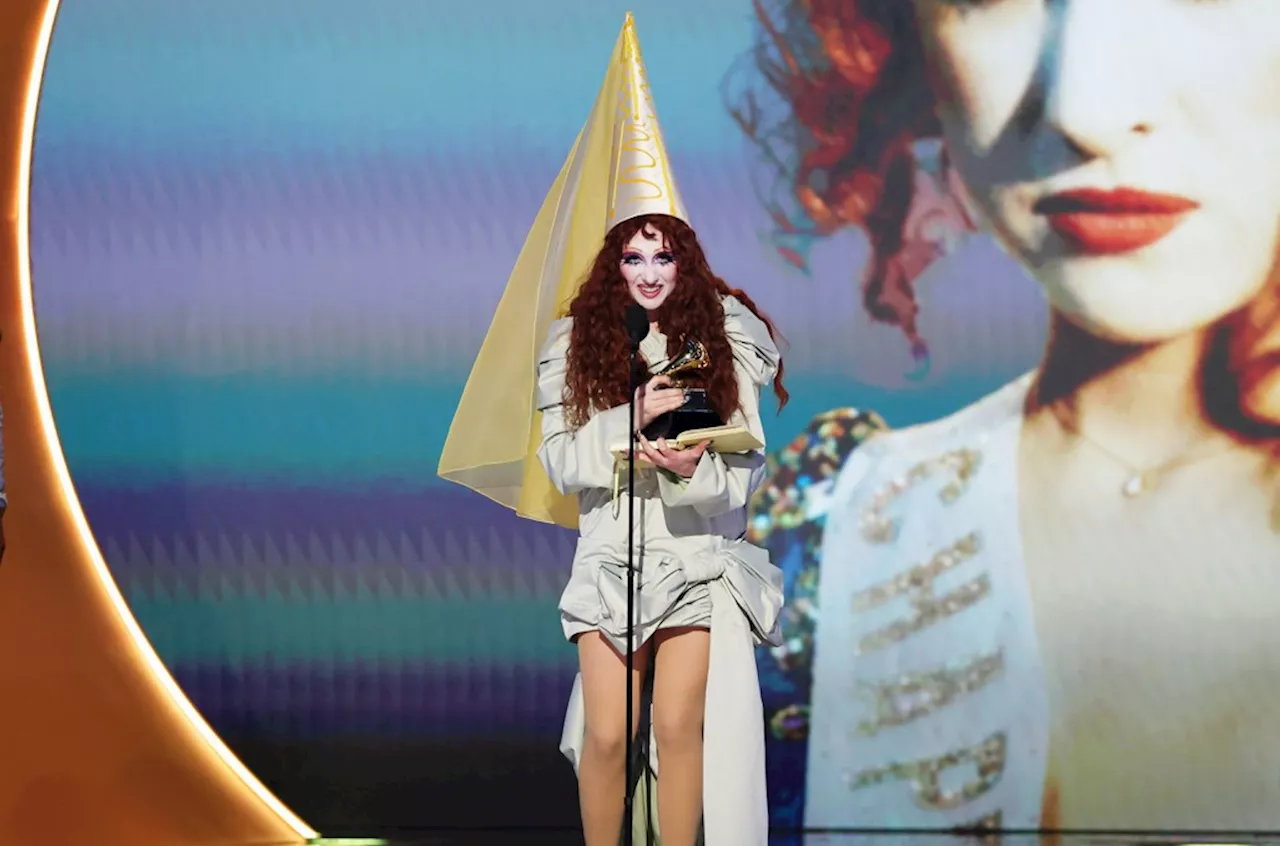 Chappell Roan Wins Grammy for Best New Artist, Calls for Improved Healthcare in Music BusinessChappell Roan won the Grammy for best new artist at the 2025 ceremony on Sunday (Feb. 2). See what she said.
Chappell Roan Wins Grammy for Best New Artist, Calls for Improved Healthcare in Music BusinessChappell Roan won the Grammy for best new artist at the 2025 ceremony on Sunday (Feb. 2). See what she said.
Read more »
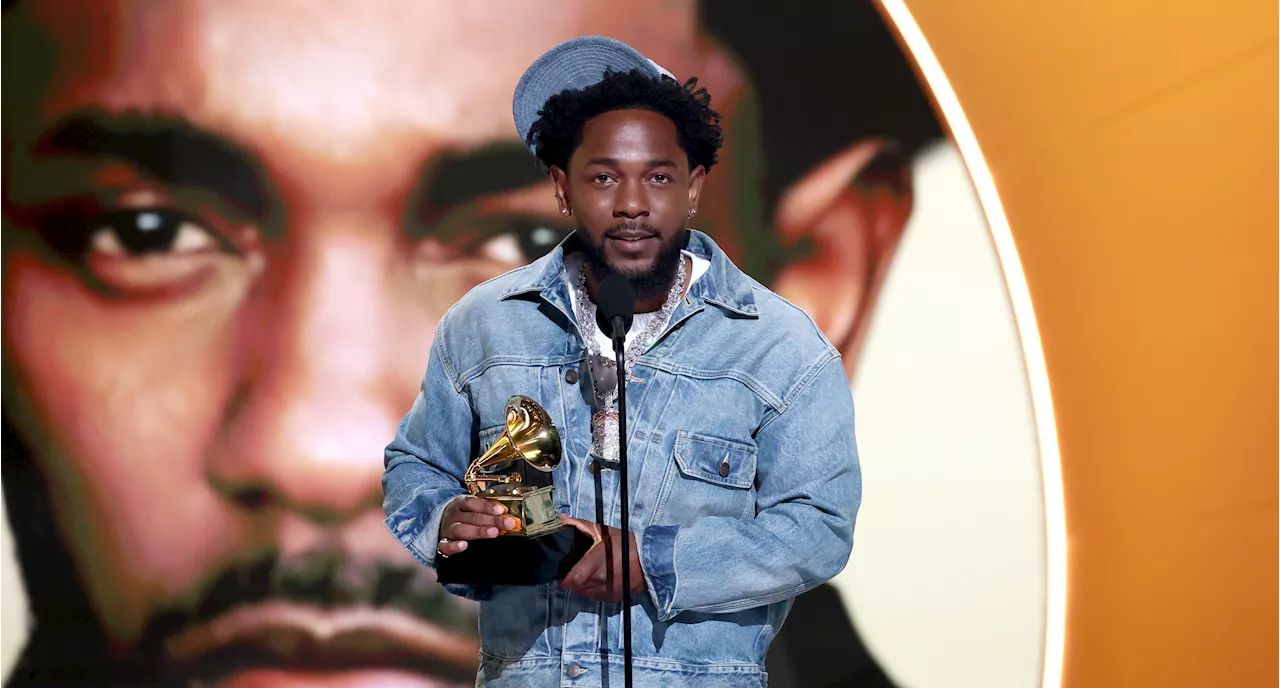 The Weeknd Performs at Grammys, Chappell Roan Calls for Music Industry ReformThe Weeknd made a surprise appearance at the 2025 Grammys, performing his hits 'Cry For Me' and 'Timeless' with Playboi Carti. Elsewhere, Chappell Roan, who won Best New Artist, used her acceptance speech to call for better treatment of artists, particularly minor signings and those struggling during the pandemic. The show also featured tributes to Quincy Jones and the LA music scene, with many performers referencing the recent wildfires.
The Weeknd Performs at Grammys, Chappell Roan Calls for Music Industry ReformThe Weeknd made a surprise appearance at the 2025 Grammys, performing his hits 'Cry For Me' and 'Timeless' with Playboi Carti. Elsewhere, Chappell Roan, who won Best New Artist, used her acceptance speech to call for better treatment of artists, particularly minor signings and those struggling during the pandemic. The show also featured tributes to Quincy Jones and the LA music scene, with many performers referencing the recent wildfires.
Read more »
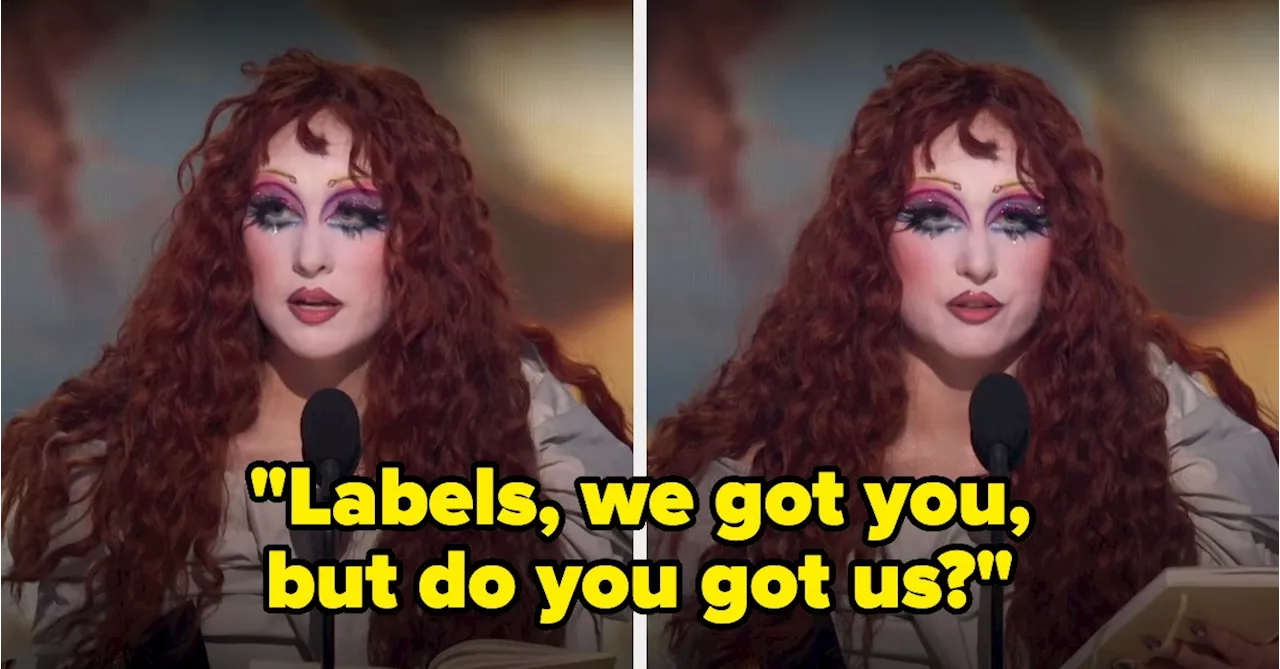 Chappell Roan's Grammy Acceptance Speech Calls Out Music Industry InjusticesChappell Roan, during her Grammy Award acceptance speech, courageously addressed the need for healthcare and livable wages for developing artists in the music industry. She shared her personal experience with being dropped by a label and the subsequent struggles she faced, urging for greater support and recognition of artists' rights.
Chappell Roan's Grammy Acceptance Speech Calls Out Music Industry InjusticesChappell Roan, during her Grammy Award acceptance speech, courageously addressed the need for healthcare and livable wages for developing artists in the music industry. She shared her personal experience with being dropped by a label and the subsequent struggles she faced, urging for greater support and recognition of artists' rights.
Read more »
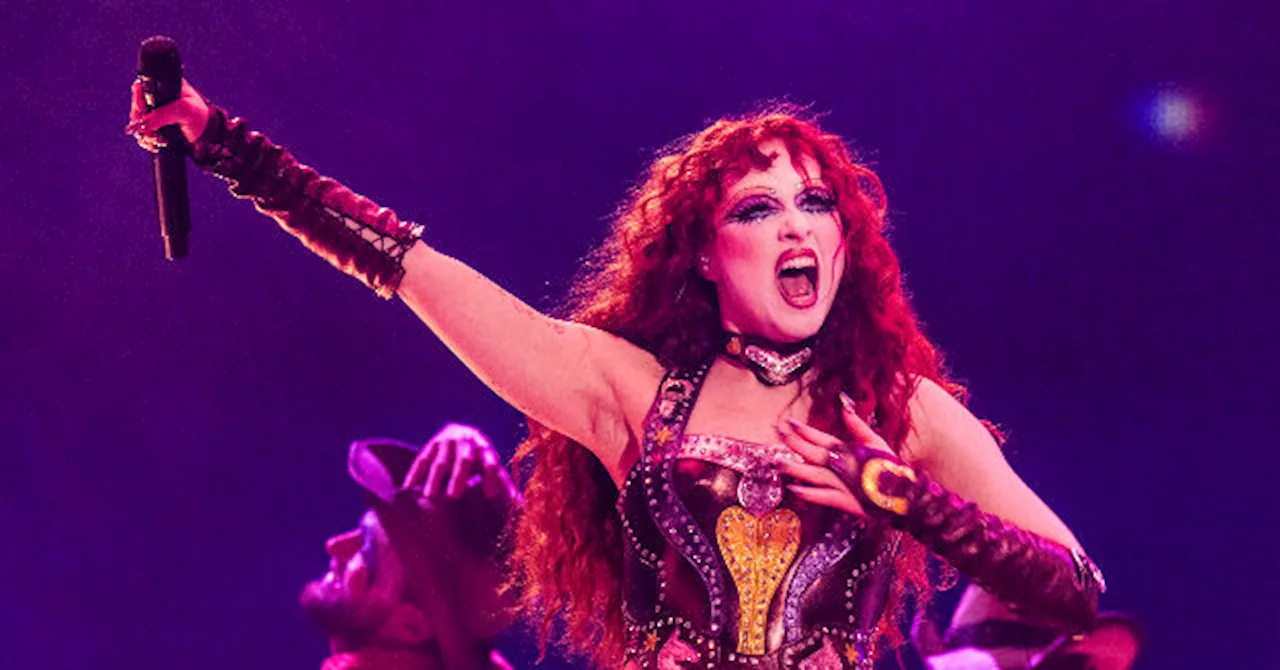 Chappell Roan Celebrates Trans Joy at Grammys, Calls for Livable Wages in Music IndustryPop singer Chappell Roan used her platform at the 67th Grammy Awards to express her gratitude to trans girls for her success and advocate for better working conditions for artists in the music industry. Roan, who won the Best New Artist award, made a passionate plea for labels to provide living wages and healthcare, particularly to developing artists.
Chappell Roan Celebrates Trans Joy at Grammys, Calls for Livable Wages in Music IndustryPop singer Chappell Roan used her platform at the 67th Grammy Awards to express her gratitude to trans girls for her success and advocate for better working conditions for artists in the music industry. Roan, who won the Best New Artist award, made a passionate plea for labels to provide living wages and healthcare, particularly to developing artists.
Read more »
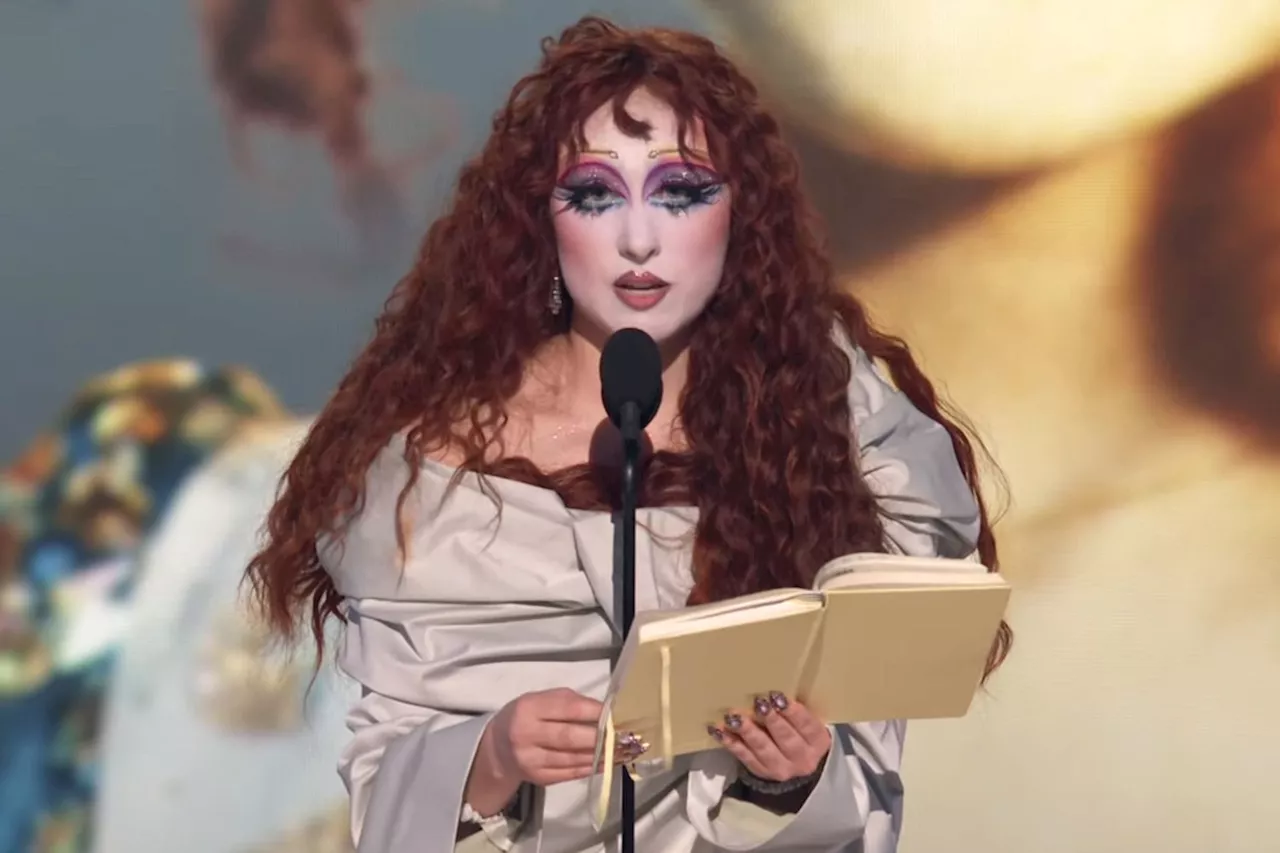 Chappell Roan Wins Best New Artist Grammy and Demands Better Treatment of Developing ArtistsChappell Roan, the 26-year-old singer-songwriter behind the hit 'HOT TO GO!', took home the Grammy for Best New Artist at the 67th Annual Grammy Awards. During her acceptance speech, Roan used the platform to advocate for better treatment of developing artists in the music industry, calling on record labels to prioritize artist well-being by offering livable wages, healthcare, and protection.
Chappell Roan Wins Best New Artist Grammy and Demands Better Treatment of Developing ArtistsChappell Roan, the 26-year-old singer-songwriter behind the hit 'HOT TO GO!', took home the Grammy for Best New Artist at the 67th Annual Grammy Awards. During her acceptance speech, Roan used the platform to advocate for better treatment of developing artists in the music industry, calling on record labels to prioritize artist well-being by offering livable wages, healthcare, and protection.
Read more »
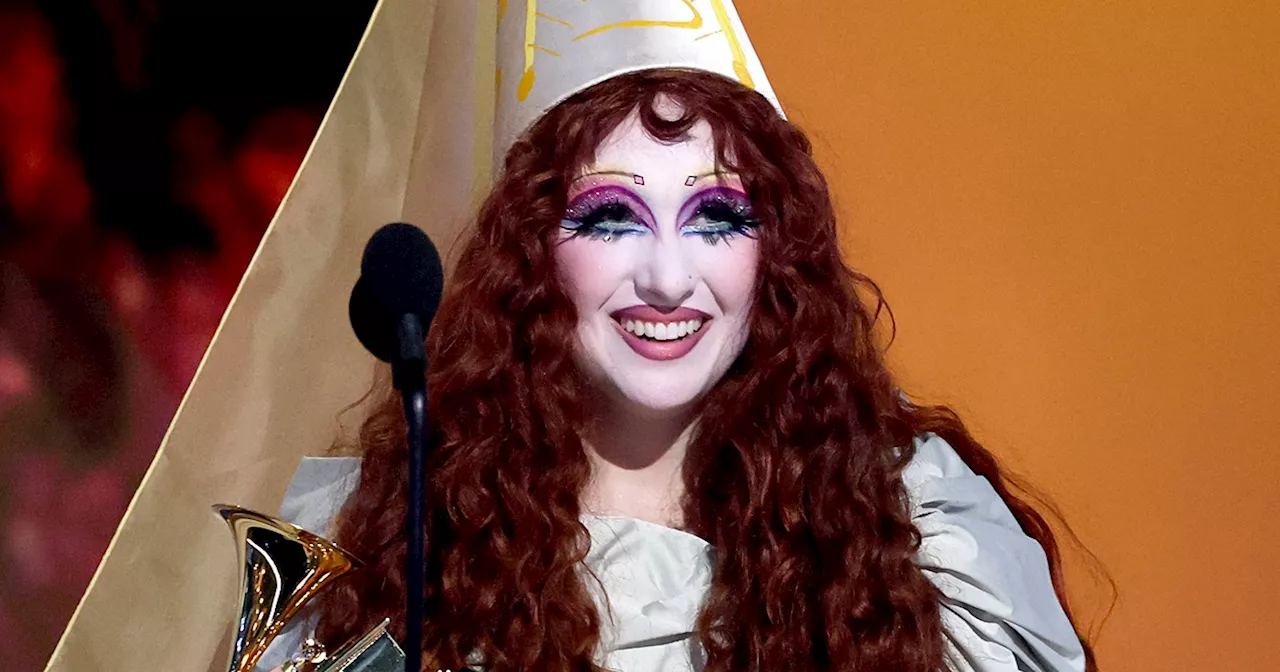 Chappell Roan Wins 2025 Grammy for Best New Artist, Calls for Industry ChangeSinger-songwriter Chappell Roan wins the 2025 Grammy for Best New Artist and uses her platform to advocate for better healthcare and working conditions for emerging artists in the music industry.
Chappell Roan Wins 2025 Grammy for Best New Artist, Calls for Industry ChangeSinger-songwriter Chappell Roan wins the 2025 Grammy for Best New Artist and uses her platform to advocate for better healthcare and working conditions for emerging artists in the music industry.
Read more »
